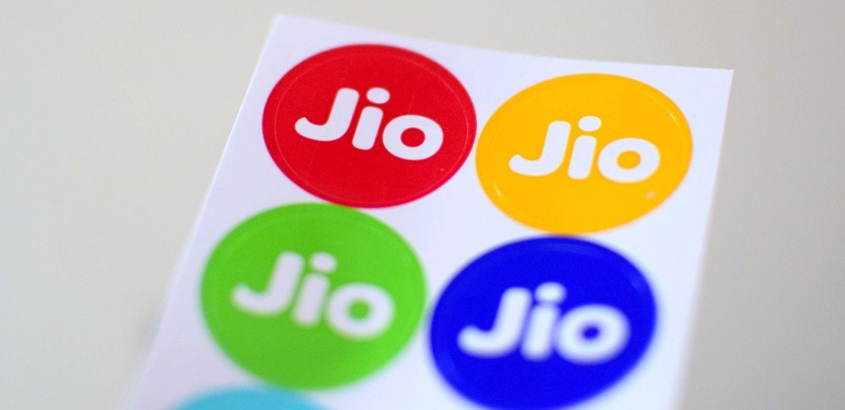The Indian telecom market that currently looks like “Jio versus the rest” has prompted the telecom regulator to erect a tariff structure which is expected to harmonise the consumers’ interest with the overall viability of the sector. Jio’s promotional offer of giving free voice and data services (which has indeed helped it to pouch millions of customers) has unnerved the incumbent players to the extent of urging the regulator to develop a new framework for tariffs for the fast evolving telecom sector. The Telecom Regulatory Authority of India (TRAI) has floated a consultation paper which is essentially aimed at removing anomalies pertaining to predatory pricing, promotional offers and the number of tariff plans that can be offered by service providers. “The genesis of Trai’s move is indeed the current dispute between Reliance and other incumbent telecom players,” feels Dr Mahesh Uppal, Director, ComFirst, a consultancy on telecom policy and regulation. The regulator wants to review the extant tariffs structure to dispose of this issue in an evidenced-based manner, adds Dr Uppal.
Existing telecom operators allege that Jio’s promotional offers are quite predatory in nature, matching which would be suicidal for the overall sector
“Though I do acknowledge that the viability of the industry has now become an issue, I do not believe that JIO’s tariffs are predatory,” says Uppal. He argues that in a market which is as competitive as India, the talk of predatory pricing by any player, especially a new one, does not hold. Predatory pricing can only be inferred based on the market power of the player concerned. “As of now, Jio does now have significant market power.” Meanwhile, Reliance has decided to end its free offerings and charge its customers from April this year. But many still believe that Jio’s tariffs are likely to retain its lucrative character.
In addition to the pricing structures, Trai’s consultation paper would also look into the number of tariff plans that service providers can offer both for pre-paid and post paid verticals. Most customers often get misled by the numerous plans, making it difficult for them to make an informed choice.

